Send us a Message
- Destinations
- Tours
- By Destinations
- By Themes
- Suggested Combination
- Duration
- About Us
- Reviews
Chiang Mai, often called the cultural capital of northern Thailand, is a city where ancient charm meets modern vibrancy. Surrounded by misty mountains and lush countryside, it is famous for its historic temples, night bazaars, and traditional festivals. The city also serves as a gateway to outdoor adventures, from trekking and elephant sanctuaries to exploring nearby hill tribe villages. With its relaxed atmosphere and rich heritage, Chiang Mai offers a unique blend of tradition and contemporary lifestyle.
Explore the Old City Temples
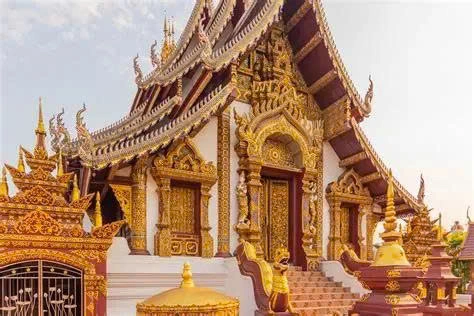
Wander through Chiang Mai’s historic Old City and visit stunning temples like Wat Chedi Luang and Wat Phra Singh.
Climb to Wat Phra That Doi Suthep
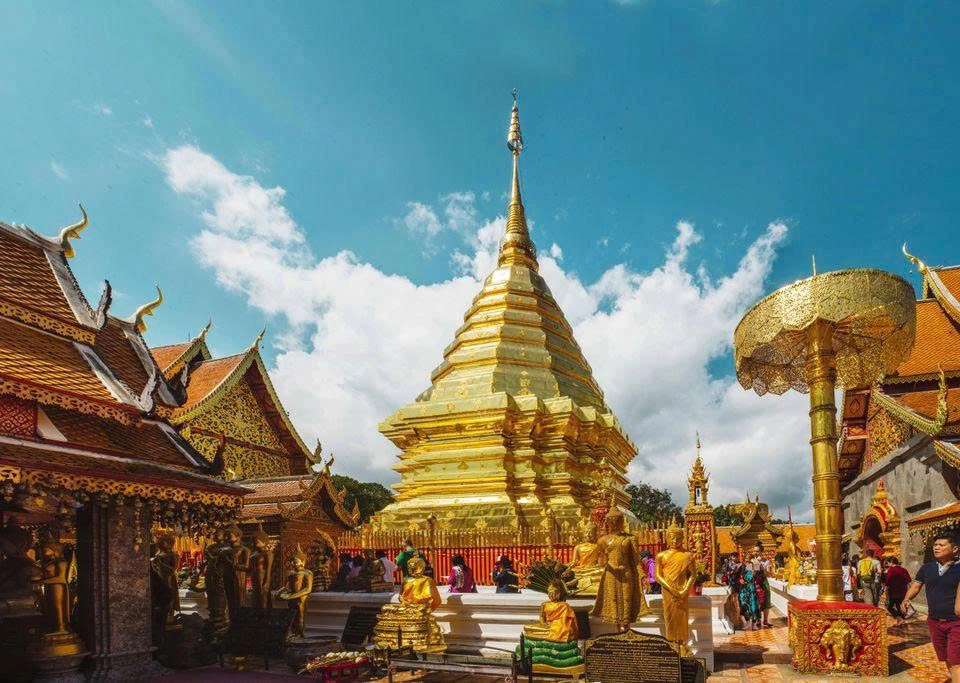
Located on a mountain overlooking the city, this golden temple is Chiang Mai’s most famous landmark and offers breathtaking views.
Visit Elephant Nature Park
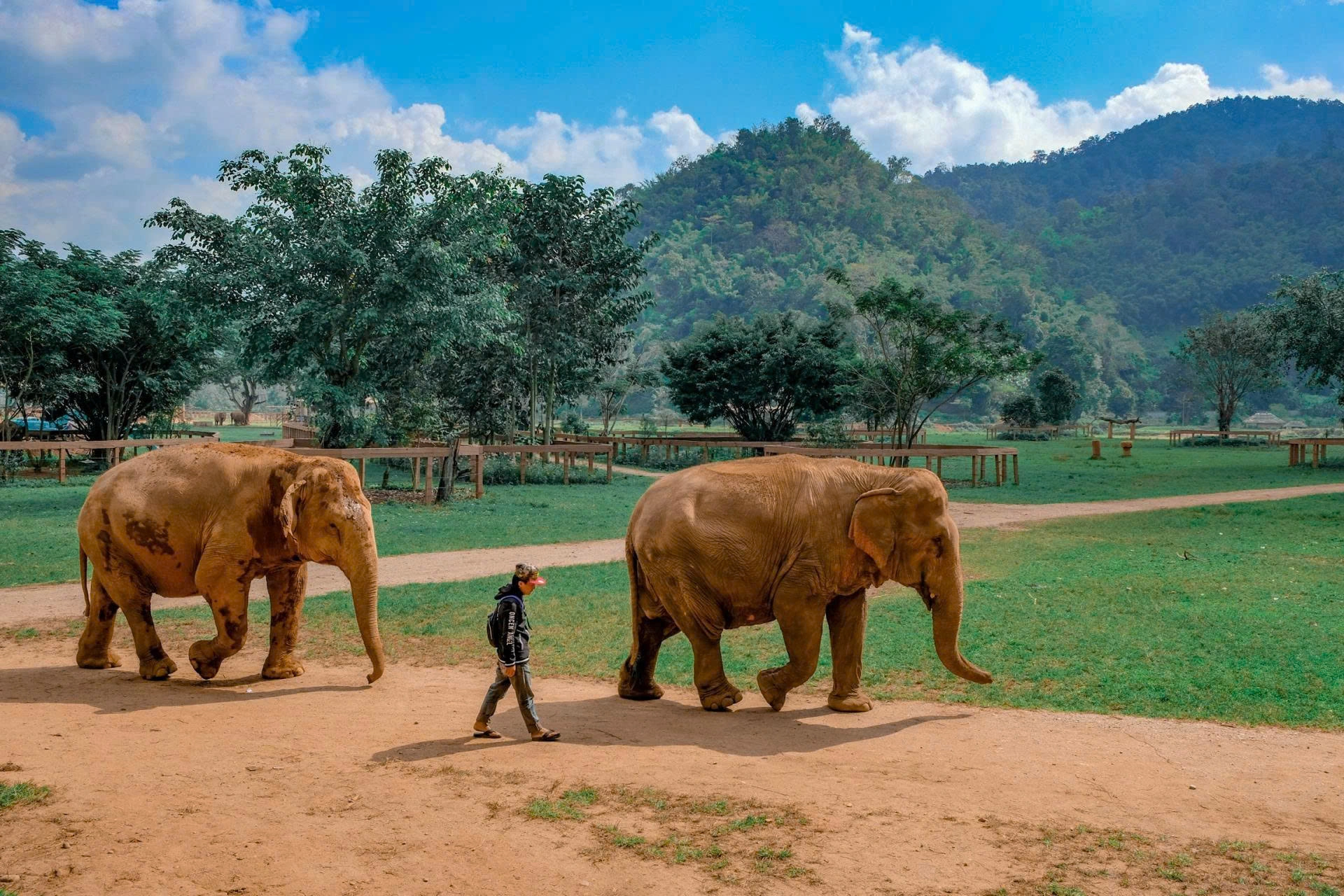
Spend a day at an ethical elephant sanctuary, where you can feed and observe rescued elephants in a natural environment.
Shop at Night Markets
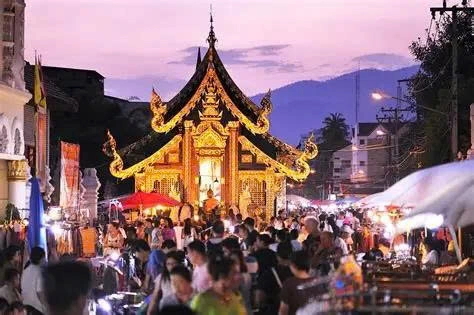
Explore the vibrant Chiang Mai Night Bazaar or the Sunday Walking Street, perfect for handicrafts, souvenirs, and street food.
Go Trekking in the Mountains
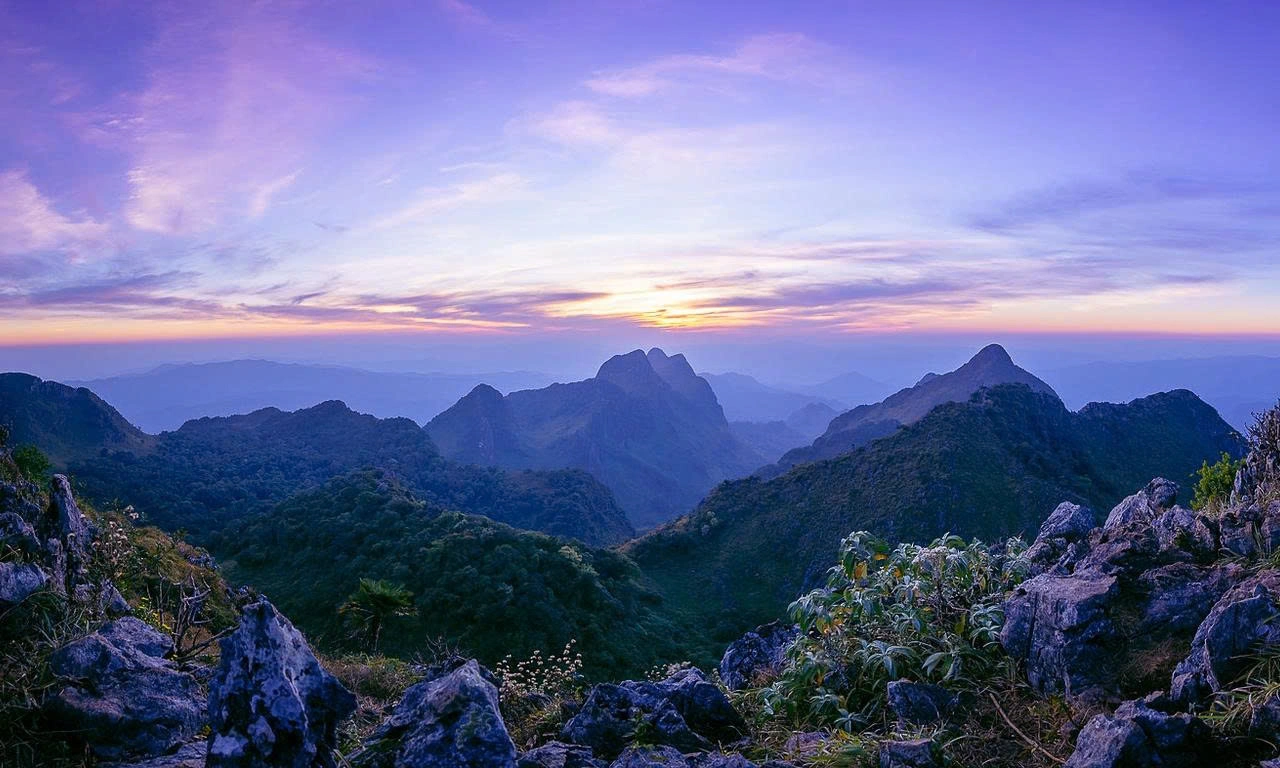
Discover the scenic hills, waterfalls, and hill tribe villages around Chiang Mai with guided trekking or outdoor adventures.
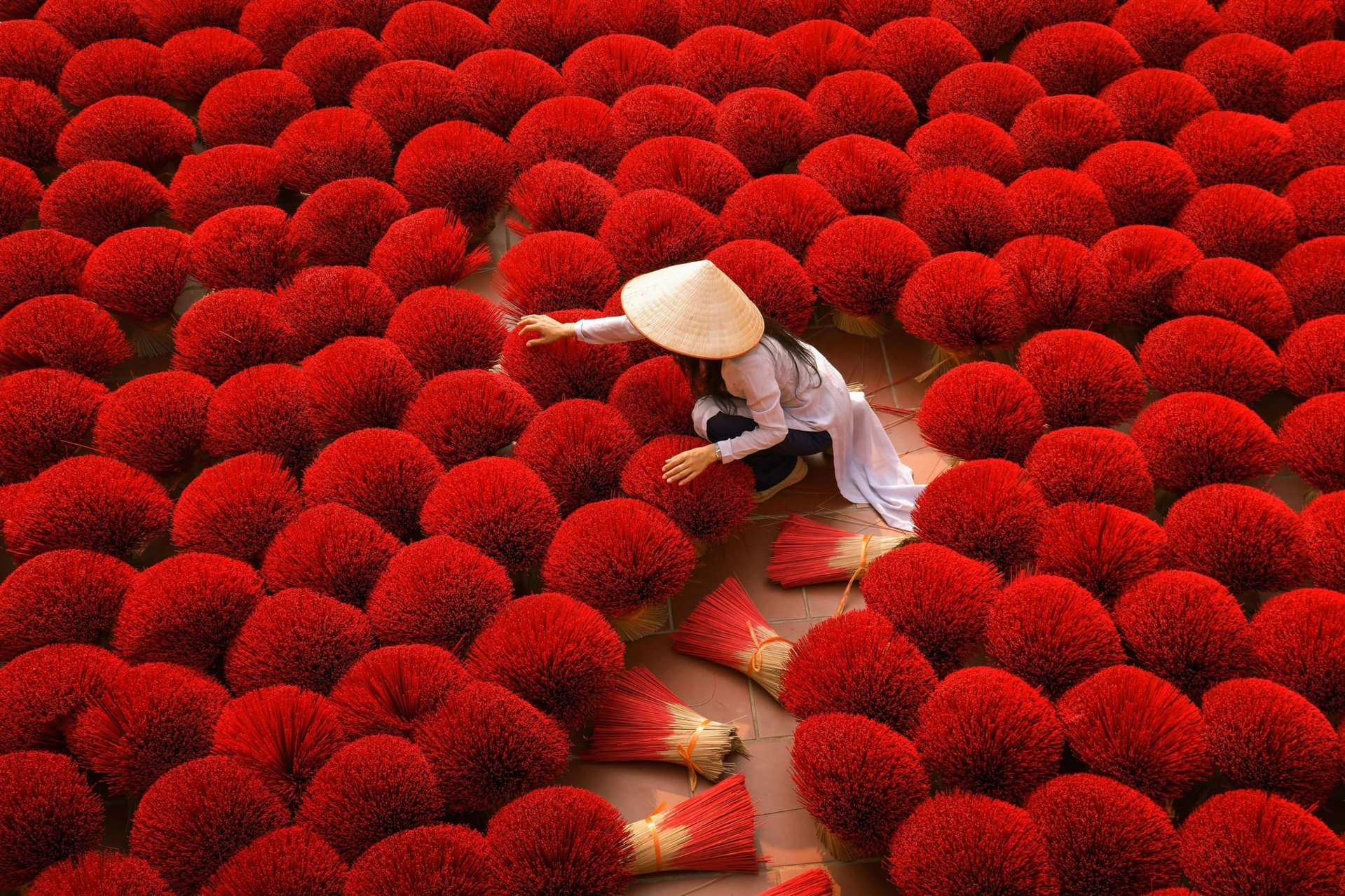
Vietnam is a country full of history, culture, and natural beauty, offering unforgettable experiences for every type of traveler. From bustling cities and ancient temples to serene countryside and pristine beaches, there is something for everyone. With careful planning, attention to local customs, and consideration for dietary or religious needs, Israeli travelers can enjoy a safe, enriching, and memorable journey.
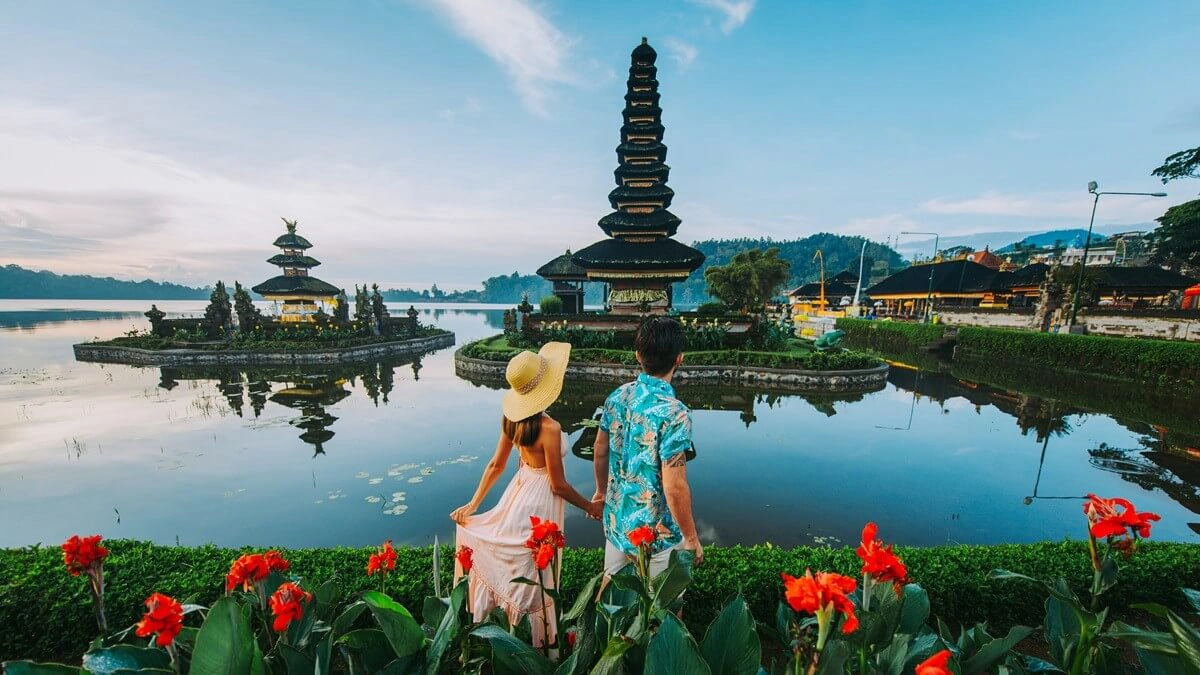
To enter Bali, travelers need a passport valid for 6 months; many nationalities get 30 days visa-free, while longer stays require a Visa on Arrival or e-visa. The island has a tropical climate with a dry season (Apr–Oct) ideal for beaches and festivals, and a wet season (Nov–Mar) with lush green landscapes. Cash in Indonesian Rupiah is essential for small expenses, though cards are accepted in larger venues, and transport mainly relies on taxis, ride-hailing apps, scooters, or private drivers. Visitors should respect local customs—dress modestly at temples, remove shoes in sacred spaces, and use the right hand when giving or receiving items.
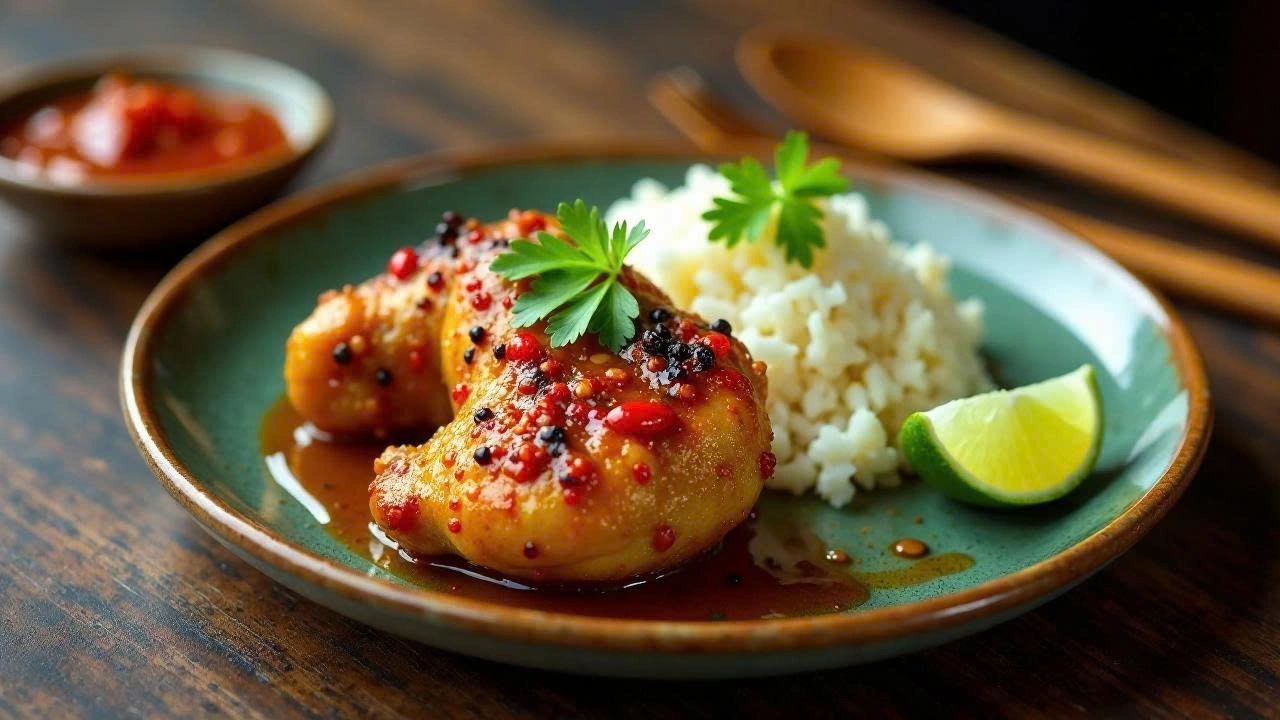
Balinese cuisine is a vibrant reflection of the island’s culture, shaped by its Hindu heritage, fertile volcanic soils, and abundant spices. Meals are a harmonious balance of flavors spicy, savory, sweet, and aromatic—brought together through fresh herbs, coconut, peanuts, and chili-based spice pastes known as bumbu. Rice is the centerpiece of most meals, complemented by grilled meats, seafood, and an array of vegetable dishes. Many recipes are deeply rooted in ceremonial traditions, often served during temple festivals and family gatherings, making Balinese food not only a culinary delight but also a cultural journey.
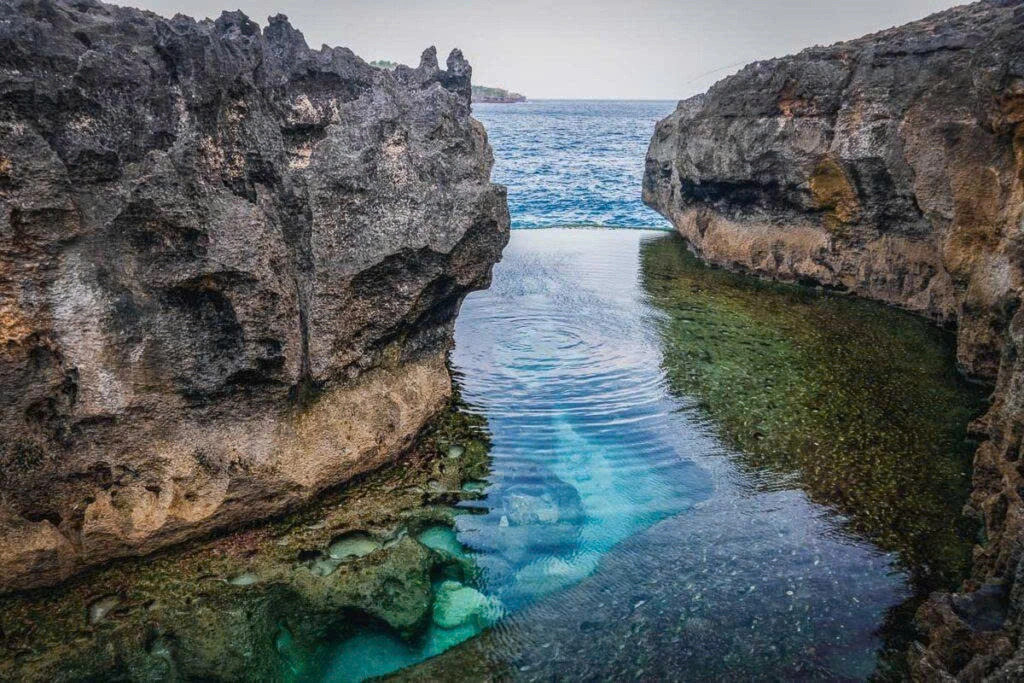
Nusa Penida is a stunning island off Bali’s southeast coast, famed for its rugged cliffs, crystal-clear waters, and dramatic landscapes. Highlights include Kelingking Beach with its dinosaur-shaped headland, Angel’s Billabong, and Broken Beach. Popular for snorkeling and diving, the island offers encounters with manta rays and vibrant coral reefs, making it a paradise for adventure and nature lovers.
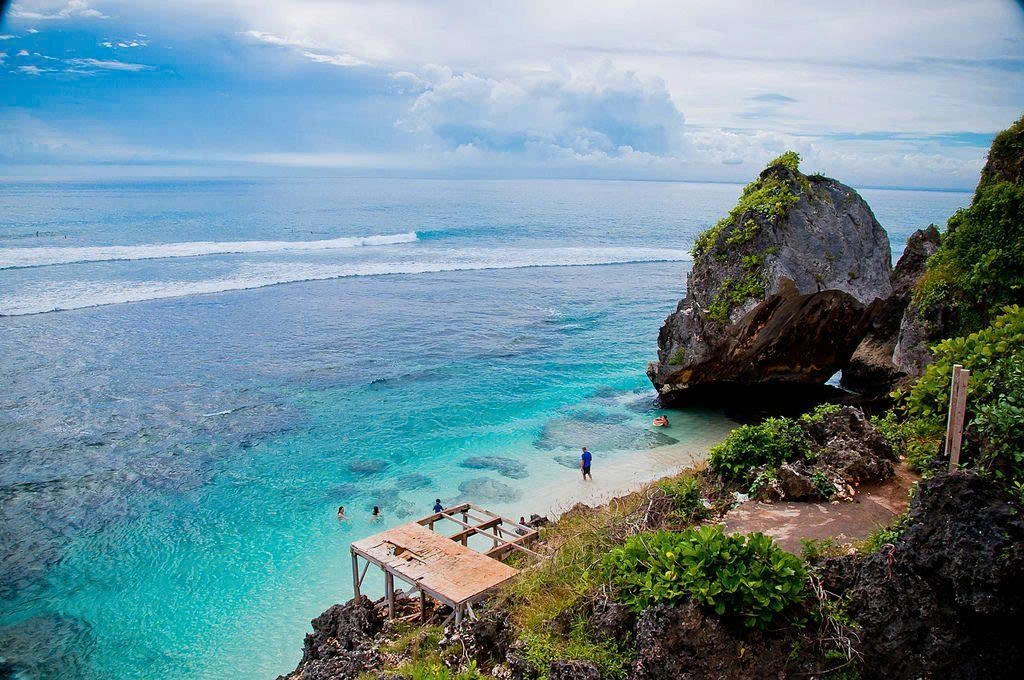
Uluwatu is renowned for its dramatic sea cliffs, world-class surf breaks, and breathtaking ocean views. At its heart lies the iconic Uluwatu Temple, perched high above the waves and famous for sunset Kecak dance performances. With luxury resorts, hidden beaches, and a relaxed coastal vibe, Uluwatu is a perfect blend of culture, adventure, and natural beauty.
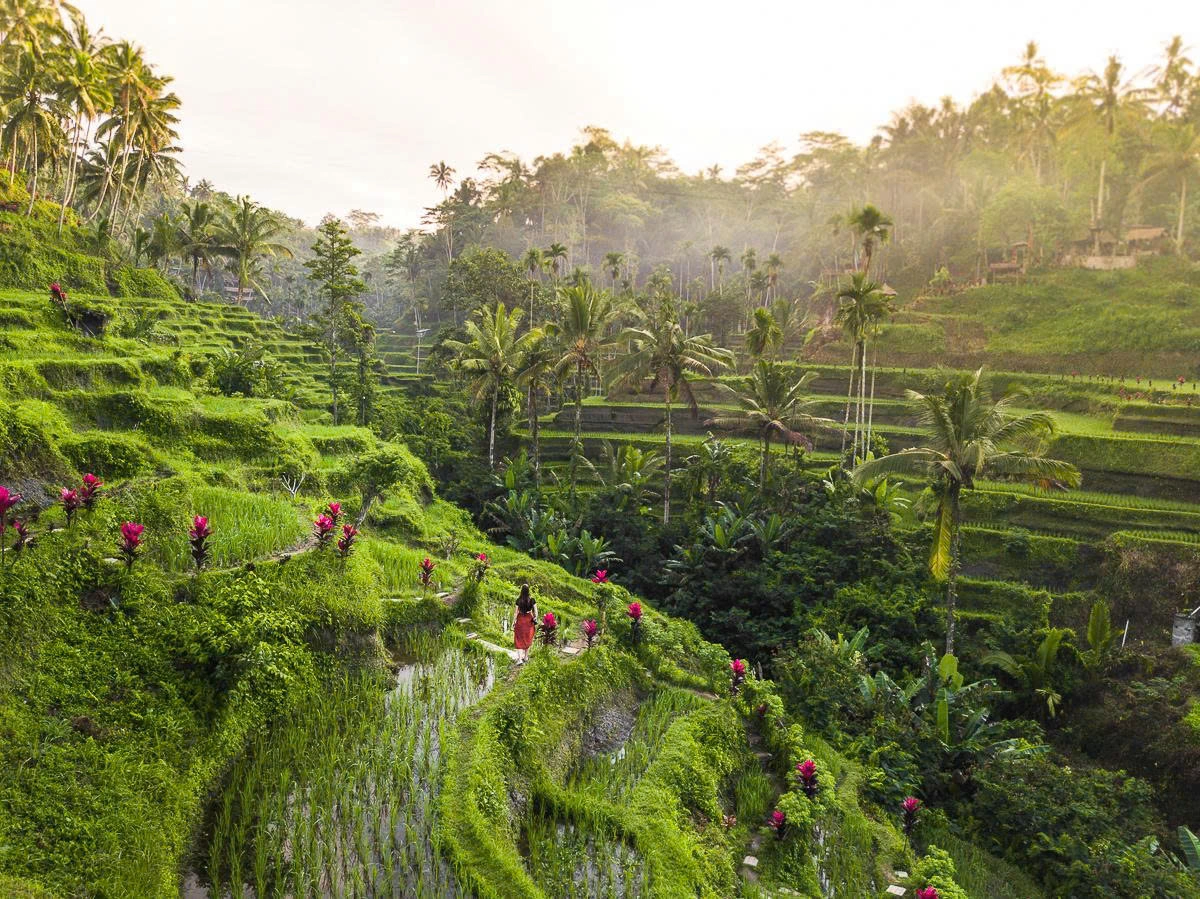
Ubud is the cultural and spiritual heart of Bali, surrounded by rice terraces, lush forests, and traditional villages. Known for its art, dance, and handicrafts, it’s also a hub for yoga, wellness, and spiritual retreats. With its temples, galleries, and serene landscapes, Ubud offers a deeper connection to Balinese heritage and nature.
Preparing for your upcoming trip to Asia?
Let us know what we can arrange for you!